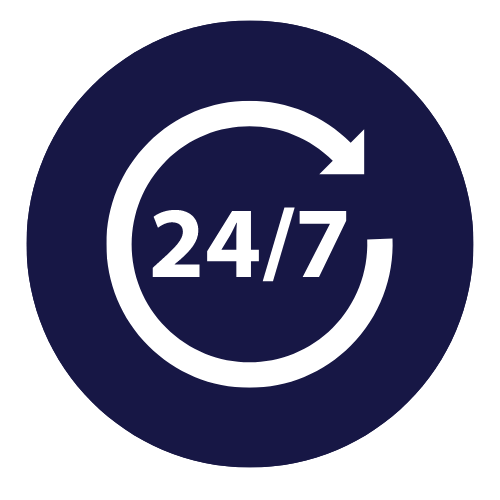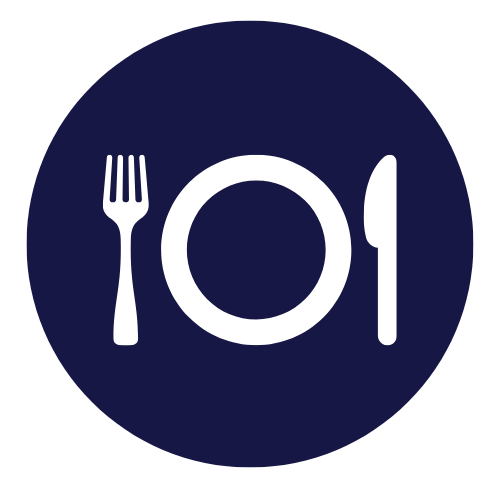What Is a Partial Hospitalization Program?
A partial hospitalization program (PHP) is often the next level of addiction treatment after residential rehab, and offers a balance between the 24/7 care of residential rehab and complete independence. PHP at The Recovery Village Atlanta gives patients the medical help they need while they build vital skills for their newly-sober lives.


Am I ready to enter the PHP?
If any of these apply to you, your clinical team may recommend PHP as part of your care.
What to Expect In Our Atlanta PHP
Following residential care, a PHP schedule accustoms you to independent living and transitioning to a normal life.
Generally, PHP patients will attend evidence-based treatment 5–7 days weekly, completing 18–20 hours of programming. Our staff craft a therapeutic plan to address your physical, mental and social needs and help you grow in your recovery each day.

Individual and group therapy

Expert medical care

Medication management

Treatment for co-occurring disorders
Tour Our Atlanta Facility
Speak with Admissions
Speak with a Recovery Advocate who can answer your questions and get you the help you need.

Using Insurance for Atlanta Partial Hospitalization Rehab
The Recovery Village Atlanta is in-network with most national and local insurance providers. We can verify your insurance coverage or discuss private payment options with you.

FAQs About Our Partial Hospitalization Program in Atlanta
Is drug or alcohol detox included?
Will I be forced to stay in rehab during PHP?
Leaving treatment early is associated with relapse and overdose, so we always advocate for clients to complete their treatment plan. However, clients may choose to leave treatment at any time, even against medical advice, as long as they are not a danger to themself or others.
Do partial hospitalization programs work?
Yes, PHPs help clients prepare for transition from the intensive schedule of residential treatment to living at home after their care. It gives clients the best balance of independence and medical care at a critical stage. Without support, patients may have an increased risk of relapse and overdose.
How can I pay for PHP?
Insurance may cover some or all of a person’s PHP. Paying copays and deductibles may still be involved. The Recovery Village Atlanta can also discuss private payment plans for those without insurance.
Will I lose my job if I go to rehab?

Explore Other Levels of Care
Our full range of treatment options and personalized treatment plans ensure every client gets expert care that meets their needs.
